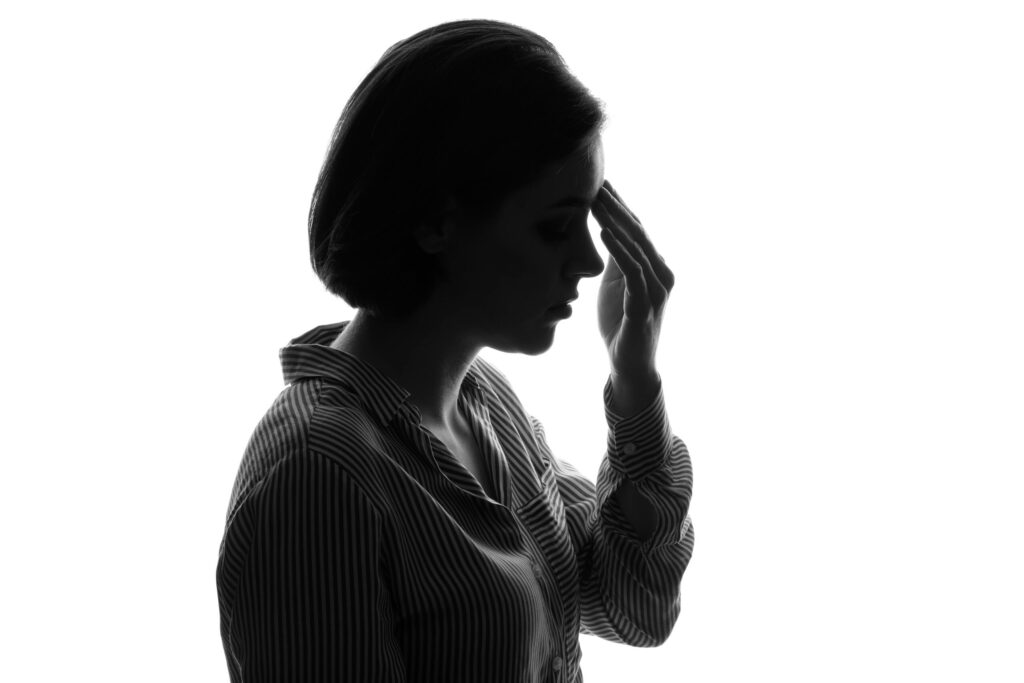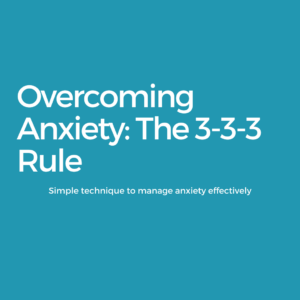Re-entry anxiety is a real thing
According to Lily Brown, director of the Center for the Treatment and Study of Anxiety at the University of Pennsylvania’s Perelman School of Medicine, this “re-entry anxiety” is fueled by fear of the unknown and uncertainty.
83% of Americans are at least somewhat concerned that re-entry will lead to another surge in coronavirus cases, according to a recent survey by The Associated Press-NORC Center for Public Affairs Research.
Anti-anxiety medication prescriptions rose 34.1% in just one month, according to Express Scripts.
Some of the fears I’ve heard around “re-entry anxiety:
- Afraid of getting sick from co-workers
- Working at a “Hot desk”/unassigned desk
- Disturbed about using a public restroom
- Concerned about aging parents they can’t be with
- Worried about children getting sick from daycare
- Frightened about money and possibility of losing job
- Tense about taking public transportation
How to manage all this fear and re-entry anxiety.
Rather than trying to start a new meditation or yoga practice, start small. Take frequent opportunities to experience short moments of calm many times an hour. Just like our hearts take a rest between each heartbeat, we need to take a rest from all the stress and anxiety.
- Limit how much attention you are focusing on the news. I’m not suggesting to ignore what’s going on, but do be aware of how much you are focusing on the news.
- Stop and think to yourself “I’m breathing in, I’m breathing out, I’m breathing in, I’m breathing out…”
- YAWN! Seriously, yawn! Whether it’s a fake or real yawn, the brain doesn’t know difference. Yawning stimulates the parasympathetic/rest and digest nervous system.
- Move your body. The latin root of emotion is ’emotere’ – energy in motion. A body in motion keeps emotions flowing.
- Stay connected. It is more important than ever to stay connected to family and friends. If you need more help than that, reach out for support.
Get 5 of the 35 techniques from my book “Goodbye Anxiety, Hello Freedom” free.



